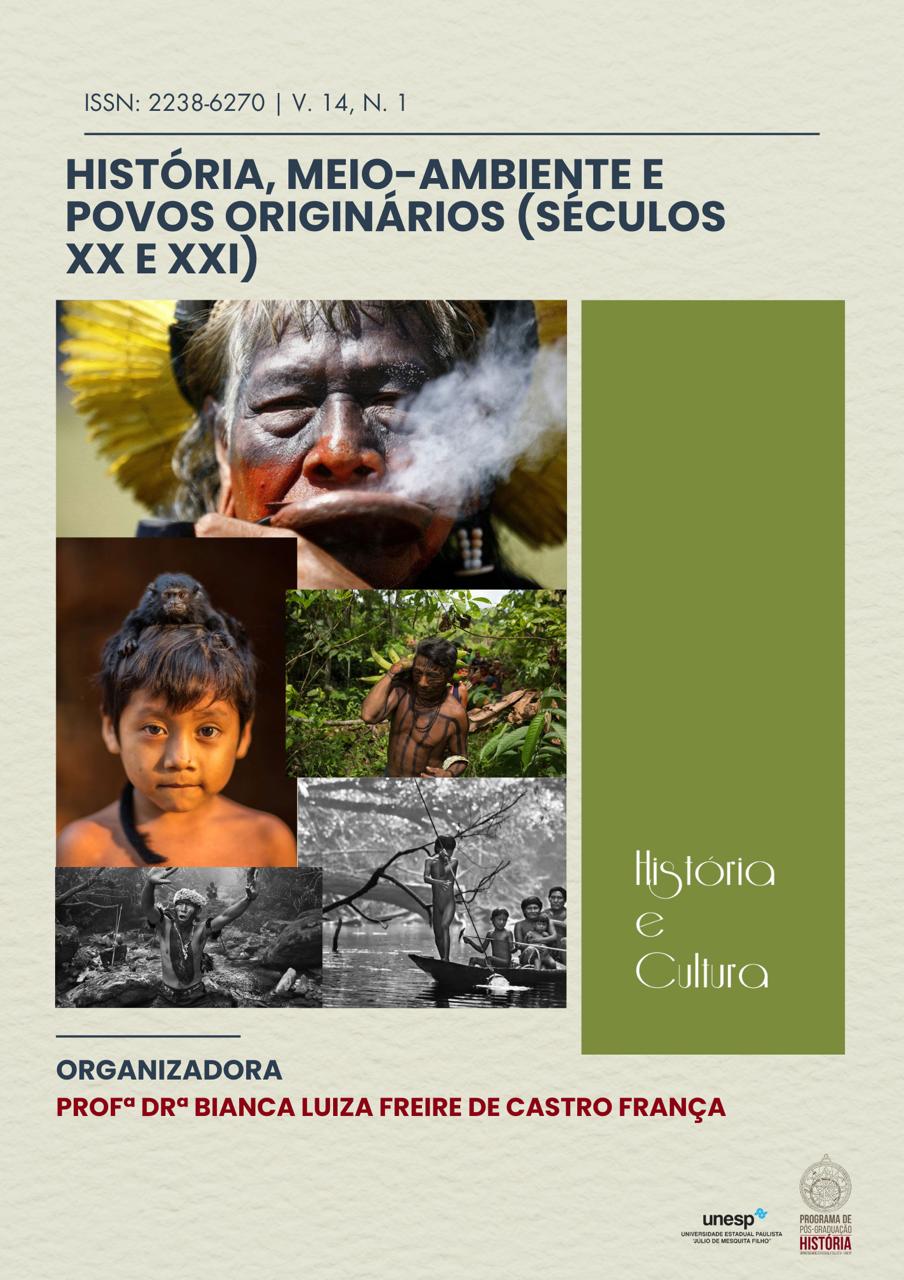À SERVIÇO DE LIBITINA
Um Estudo dos Ofícios do Luto e Agentes Funerários na Roma do Principado (Séc. I EC.)
DOI:
https://doi.org/10.18223/hiscult.v14i1.4540Resumo
O presente trabalho tem por objetivo investigar os ofícios funerários da Roma Antiga e seus profissionais: aqueles que se colocavam à serviço de Libitina, os libitinarii. Buscou-se examinar suas regulamentações, hierarquias e especialidades. Neste trabalho, a metodologia principal foi a análise documental das Leges Libitinariae, inscrição epigráfica que tipifica toda a regulamentação acerca do ofício funerário dos libitinários. Também foram utilizadas fontes literárias, do período do Principado, como forma de investigar as especialidades destes trabalhadores.
Downloads
Publicado
Edição
Seção
Licença
Copyright (c) 2025 Thiago Eustaquio Araujo Mota, Fernando Antonelli Muniz de Ramos

Este trabalho está licenciado sob uma licença Creative Commons Attribution 4.0 International License.
Os(as) autores(as) são os detentores dos direitos autorais dos artigos encaminhados à Revista História e Cultura e fica autorizado ao periódico a publicação do referido manuscrito. O trabalho permanece licenciado sob a Licença Creative Commons Attribution CC BY 4.0, a qual permite o compartilhamento do material desde que a autoria seja devidamente atribuída e referenciada.

